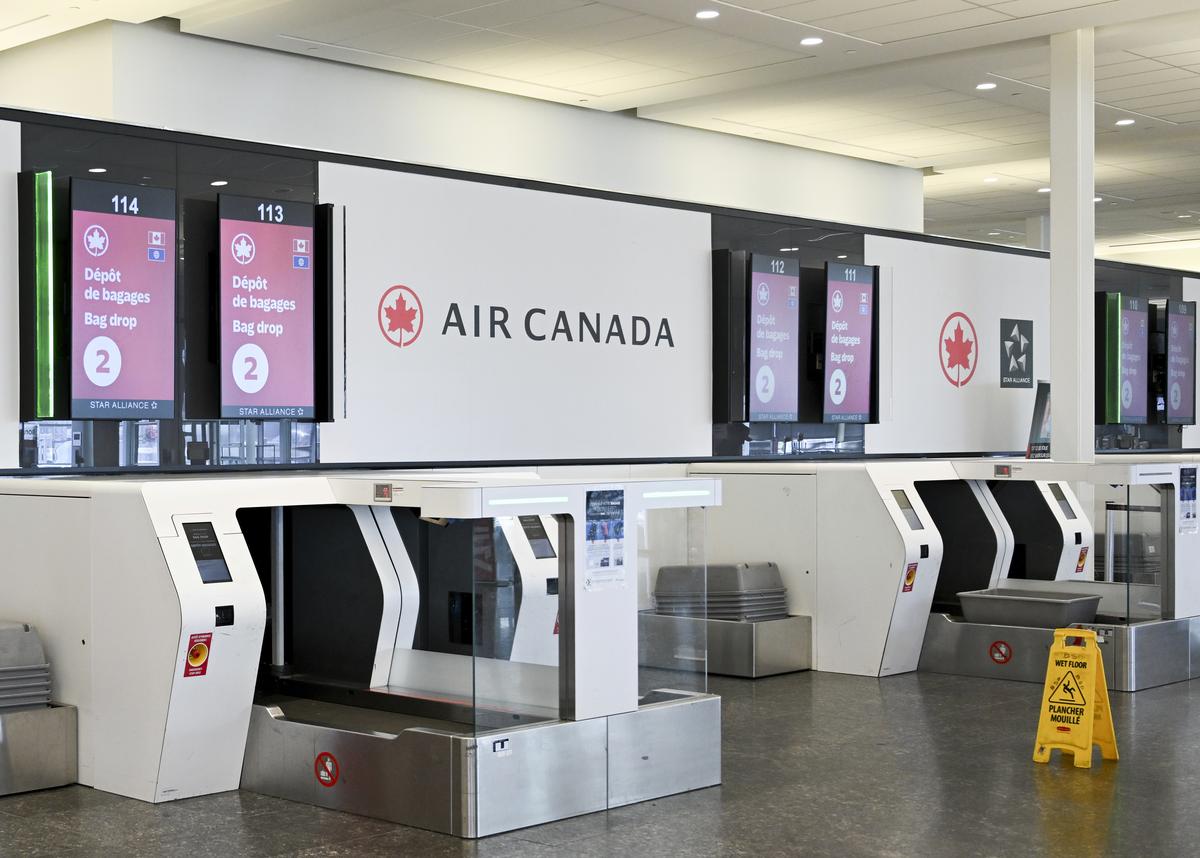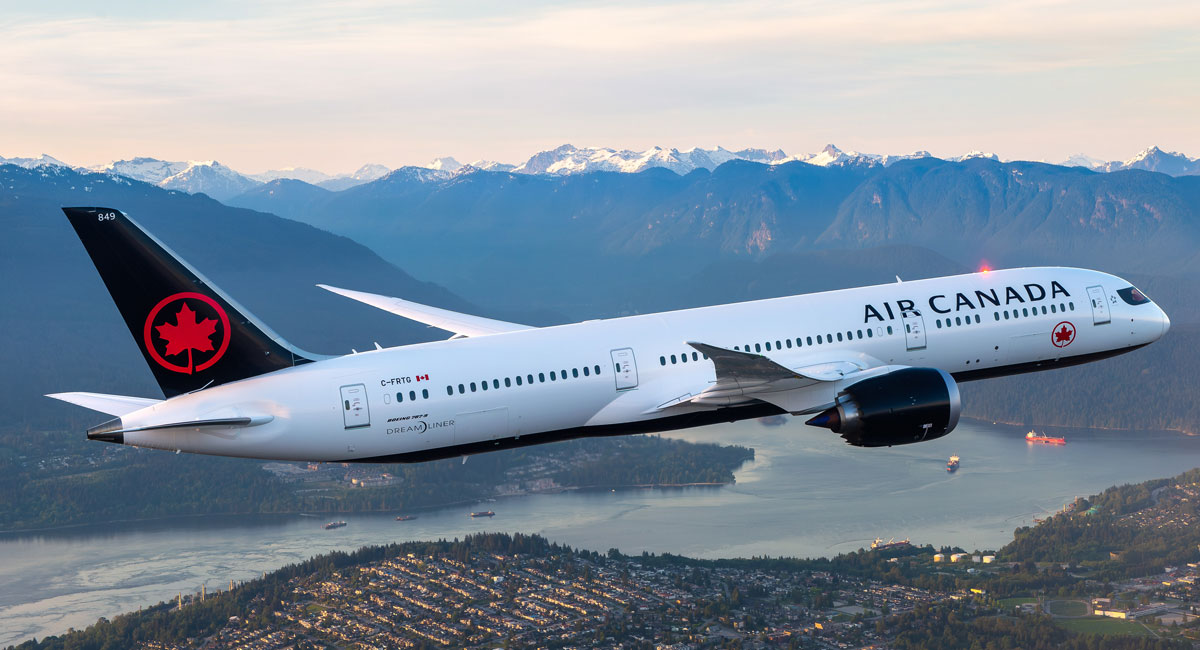Air Canada will restart flights on Sunday evening after the Canadian government intervened to end a strike by flight attendants that caused massive disruptions across the country and beyond. The strike, which began on Saturday, was the first walkout by cabin crew at the airline since 1985 and quickly led to the suspension of around 700 daily flights, leaving more than 100,000 passengers stranded.

The Canadian Industrial Relations Board issued an order requiring all flight attendants at Air Canada and its subsidiary Air Canada Rouge to return to work by Sunday afternoon. The directive came after Jobs Minister Patty Hajdu moved to enforce binding arbitration, stepping into a bitter contract dispute that had reached a stalemate after months of negotiations.
While flights will begin operating again, the airline has warned that passengers should expect cancellations and disruptions over the next week as schedules are gradually restored. Air Canada had already started canceling flights on Friday in anticipation of the work stoppage, bracing for the worst once negotiations collapsed.
At the heart of the dispute is the issue of how flight attendants are compensated. The Canadian Union of Public Employees, which represents the cabin crew, has been pushing for pay that also covers time spent on the ground, particularly while boarding and assisting passengers before takeoff. At present, attendants are largely compensated only when the aircraft is moving, something the union has long argued is unfair.
The government’s intervention has been controversial. Air Canada had sought binding arbitration to resolve the contract impasse, while the union wanted to keep negotiating directly, fearing that arbitration would dilute their bargaining power. For now, the previous contract terms that expired at the end of March have been extended until a new agreement can be finalized.

For travellers, the government’s decision brings immediate relief. Many were left stranded in airports across Canada and abroad, scrambling for alternative flights during one of the busiest travel seasons of the year. With operations now resuming, the airline is prioritizing the restoration of its key domestic and international routes, though it may take up to ten days before full normalcy returns.
The strike highlighted long-standing tensions between airlines and cabin crew over working conditions, particularly in an era where the aviation industry faces both economic pressures and rising passenger expectations. As negotiations move into arbitration, the outcome will likely shape future labor relations not only for Air Canada but also for the wider industry.
For now, travellers can look forward to taking to the skies again, though with patience required as schedules settle back into place.
For more updates on global travel developments and aviation news, follow Travel Moves on Instagram and Facebook.








